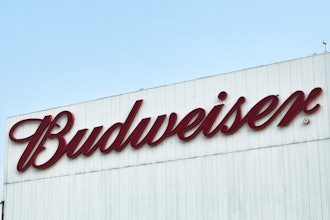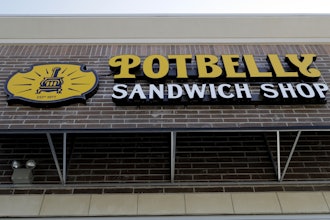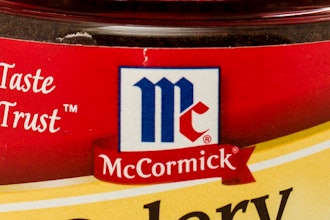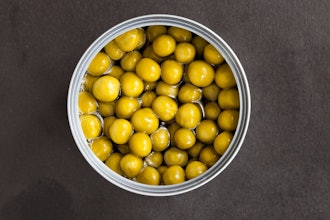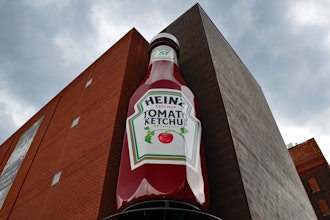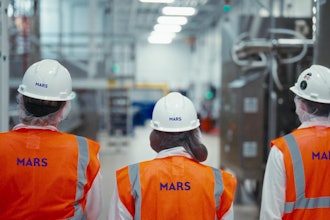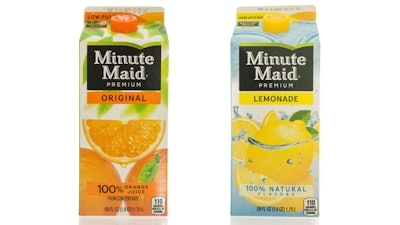
According to reports by the Atlanta Journal-Constitution and CoStar, juice products icon Minute Maid will soon have a new home.
The reports say that Coca-Cola will move Houston-based Minute Maid to Atlanta in a move that will bring the juice maker to Coke's hometown. It will also end Minute Maid's nearly 57-year relationship with Houston.
The AJC said Minute Maid's Sugar Land-based headquarters office houses 120 employees who have been working remotely during the past year due to COVID-19, and a company spokeswoman was cited saying some of those employees may stay in the Houston area. Meanwhile, employees who move to Atlanta will be integrated into Minute Maid's new headquarters facilities near Georgia Tech.
Coke acquired Minute Maid in 1960 as its first brand outside of its core soft drink business.
"The Coca-Cola Company is on a journey to transform how we operate so we can emerge stronger from the pandemic and accelerate our growth,” the spokesperson told AJC. “Part of this process involved a full evaluation of our real estate footprint in the U.S. and Canada and through that we made the difficult decision to close our office in Sugar Land, Texas."
CoStar — a commercial real estate information provider — first reported the news.
Minute Maid has more than 100 different flavors across products led by its iconic orange juice, lemonade and apple juice, while its portfolio extends to punches that include Hi-C.
The company opened its Sugar Land headquarters in 2019.
The move comes after Coke suffered its worst annual dropoff in volume of products sold since the 1940s amid a pandemic that took away major revenue generators at restaurants, public venues and festivals. But in a show of optimism, Coke said in its Q4 earnings report that it expects 2021 earnings to match or exceed those of 2019.
In December, Coke announced a restructuring included laying off 2,200 workers, or 17 percent of its global workforce. Meanwhile, the company became leaner in 2020 by paring down its brands from 400 to 200 and dropped slow sellers like Tab, Zico coconut water and Odwalla juices.











